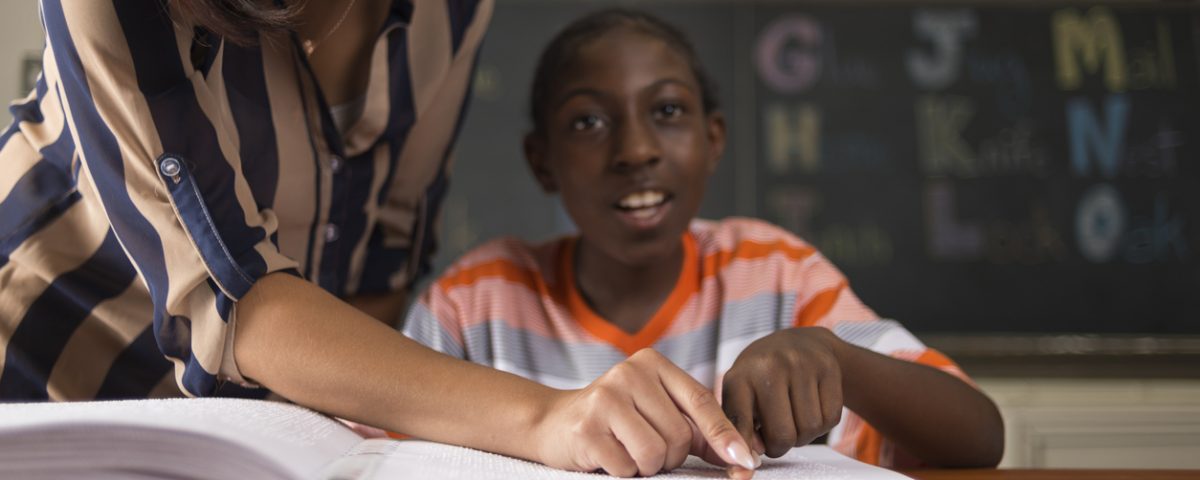Overcoming Challenges Faced by Special Education Teachers

Special Education Challenges to Address
February 8, 2021
How Law Enforcement Can Respond to Active Shooters
February 23, 2021Overcoming Challenges Faced by Special Education Teachers
Special education teachers must adapt and manage students who contribute to uncertainty in a school’s risk management program and to the lives of its educators. If your clients have not spent time in a classroom full of special needs children, they may not fully appreciate what an educator deals with daily.
Here are three challenges special education classes present and the ways skilled professionals cope with them.
Managing Disruptive Behaviors
Everyone has seen images on television of rooms full of out-of-control students throwing spitballs and running around like maniacs. While these scenes are obvious exaggerations, special education students often do have behavioral issues that manifest themselves in disruptive ways. Especially at the secondary level, many children easily out-size their teachers and can do serious injury when provoked.
Most modern educators have turned away from the disciplinarian tactics of the past and increasingly lean toward gentler systems of behavior management and restorative justice. By focusing on building strong relationships with students rather than on punishing their wrong behaviors, more peaceful classrooms are emerging. When students do inevitably lash out, experienced teachers know to call for help from an administrator or other trusted staff member.
Differentiating Instruction
Whether a school district chooses to integrate special education students into general classes or keep them in a self-contained classroom, an educator must teach to different abilities with each lesson. This task requires creating multiple lesson plans that often must include proof of adherence to legal guidelines for specific disabilities. Planning each lesson is extremely time-consuming, and implementation becomes difficult when children require personalized attention.
New teachers best cope with this challenge by borrowing lessons from other sources and organizing their planning documents where they can easily modify them later. Experienced educators have more resources to draw upon, and can customize existing lessons to benefit particular disabilities. Teachers of all levels should set clear boundaries around their free time to avoid allowing lesson planning to take over their lives outside work.
Collaborating With Parents
It’s a common stereotype that parents and teachers blame each other when children don’t learn. Unfortunately, misunderstandings do occur when communication between home and school is not a priority. Disagreements arise around topics such as standardized testing, diagnosis of learning disabilities, and consequences for negative behaviors. These clashes ultimately harm children, so teachers should prevent them whenever possible.
To meet the challenge of communicating with parents, effective teachers succeed by starting early in the school year. When a teacher reaches out during the first days of the term, or even before it begins, parents feel as though their child is a priority. When school personnel forms a good relationship with the family, parents will be more receptive to a teacher’s input should problems occur later.
About PGUI
Professional Governmental Underwriters, Inc., is a full-service risk management company dedicated to assisting public, educational and non-profit entities in the management of their professional liability exposures including educators liability insurance. We are dedicated to providing state-of-the-art professional underwriting management and loss control advisory services on behalf of our designated carriers. For more information, call us toll-free at (800) 586-6502.


